SFAA Weighs in Against Exemption for Small Business Property Broker’s Bond Requirement
| SFAA Weighs in Against Exemption for Small Business Property Broker’s Bond Requirement |
May 11, 2020
Via Federal eRulemaking Portal
U.S. Department of Transportation
Docket Management Facility
West Building, Ground Floor
1200 New Jersey Avenue SE, Room W12-140
Washington, DC 20590-0001
Re: Registration and Financial Security Requirements for Brokers of Property and Freight Forwarders; Small Business in Transportation Coalition (SBTC) Exemption Application
Docket No.: FMCSA-2020-0239
Dear Federal Motor Carrier Safety Administrator,
I am writing on behalf of the Surety & Fidelity Association of America (SFAA)1 in response to the Small Business in Transportation Coalition’s (SBTC) request to reconsider an August 14, 2013, application by the Association of Independent Property Brokers and Agents (AIPBA) for an exemption from the $75,000 bond requirement for all property brokers and freight forwarders. SFAA strongly urges the Federal Motor Carrier Safety Administration (FMCSA) to reject the Small Business in Transportation Coalition’s request. The bonds required under 49 U.S.C. §13906 are intended to ensure that commercial entities, such as motor carriers and shippers, are protected if the freight forwarder fails to pay freight charges under its contracts, agreements or arrangements for transportation. The protections for shippers and carriers, who may also be small businesses themselves, should not be sacrificed in the interest of the Small Business Transportation Coalition. The loss experience from this type of bond demonstrates it is serving its intended purpose, which Congress believed was necessary when it raised the bond requirement to $75,000.
AIBPA asserts that the increase in the required bond amount from $10,000 to $75,000 was unnecessary to protect shippers and was ultimately not in the public’s best interest. Before the bond amount was increased in 2014, there were a number of court cases demonstrating the $10,000 bond was insufficient to pay all claims in the full amount, thereby requiring the surety to deposit the bond with the court in an interpleader action. See, e.g. Owner-Operator Indep. Drivers Ass’n v. Pac. Fin. Ass’n, 241 Ariz. 406, 388 P.3d 556 (Ct. App. 2017); Drayage Express, LLC v. Int’l First Serv. USA, 2016 U.S. Dist. LEXIS 160377, *3 (D.N.J. November 18, 2016); Hudson Ins. Co.
v. Stich Family Logistics, LLC, 2019 U.S. Dist. LEXIS 76109 (S.D. Ohio May 6, 2019); and Ass’n of Indep. Prop. Brokers & Agents, Inc. v. Foxx, No. 5:15-cv-38-Oc-30PRL, 2015 U.S. Dist. LEXIS 91960 (M.D. Fla. July 15, 2015)
Furthermore, loss data from SFAA statistical reports indicates a steady increase in the total amount of losses for bonds classified as Transportation Broker Bonds, categorized in the statistical class code 964. In 2012 and 2013, losses categorized under this bond did not exceed $390,000 on an annual basis, meaning the amount obligees collected from surety bond companies likely did not cover the full amount they were owed under the agreement. Several other commenters have highlighted that the $10,000 limit was inadequate to cover the brokers financial obligations. Since the required bond amount increased in 2014, surety companies have made over $1.5M in claims payments to shippers and carriers on an annual basis (excluding 2015). Direct losses incurred reached $3M in 2017. The preliminary statistical analysis demonstrates that the increased bond amount was appropriate and efficiently accomplished Congress’s intent when it elected to increase the requirement in 2014.
The AIPBA also states that the surety bond does not protect the public interest and may unnecessarily disadvantage small businesses from accessing these bonds. SFAA strongly contends these bonds protect the public interest by ensuring the FMCSA licenses are provided to qualified, well-capitalized brokers and freight forwarders. A surety bond is an instrument by which an obligation owed by one party to another is secured by a third party, the surety. Such a guarantee is essential when a governmental agency confers a benefit upon an individual, such as a license to act as a freight forwarder or property broker. A part of its oversight activities, the governmental entity needs assurance that the entity is qualified to perform or conduct its activities properly. An assurance provided by the surety by virtue of its prequalification process before a company is approved and for whom a bond will be issued. Bonds are a valuable product used in a variety of ways to provide financial protection and protect the public treasury.
Surety bonds provide two valuable services. The better-known service of the surety is to perform its state bond obligation and provide financial protection in the event the bond principal defaults in its performance, as demonstrated by the loss data highlighted in the earlier section of the letter. In this circumstance, losses potentially can occur when a broker fails to pay freight charges when the same comes due. In such an event, the surety steps in to handle the claims on the bond and perform pursuant to the conditions of the bond and the applicable statutory or regulatory language.
While loss and claims handling is a critical function of the surety, another equally critical function is the surety’s prequalification of a principal before the surety will write a bond. A surety will review the capabilities and financial strength of bond applicants and provide bonds only to those entities that the surety has determined are capable of performing the underlying obligation. These services help facilitate the goal of having qualified brokers and freight forwarders operating in the market. The bond provides financial protection to shippers and carriers, which serves to reduce costs in the long run by eliminating the need for a carrier or shipper to include the risk of nonpayment in its pricing.
Additionally, SFAA does not believe that the $75,000 bond requirement has had an adverse impact on the availability of bonds for small businesses operating as forwarders or brokers. The surety market offers many and varied avenues for small businesses to obtain bond eligibility.
For the reasons stated above, SFAA strongly believes that the FMCSA should not move forward in approving the AIPBA’s request for exemption. Thank you for your consideration. We stand ready to answer any questions you may have with respect to SFAA’s comments.
Respectfully submitted for your consideration,
Julie Alleyne
Vice President, Public Policy & General Counsel
The Surety & Fidelity Association of America
JAlleyne@surety.org
202.778.3630
1 The Surety & Fidelity Association of America (“SFAA”) is a non-profit corporation whose member companies collectively write the majority of surety and fidelity bonds in the United States. SFAA is also an advisory organization operating in all states and regularly provides input and education to local, state and federal governments and agencies on any and all issues relating to surety and fidelity insurance.






